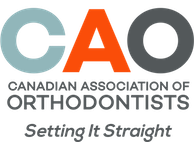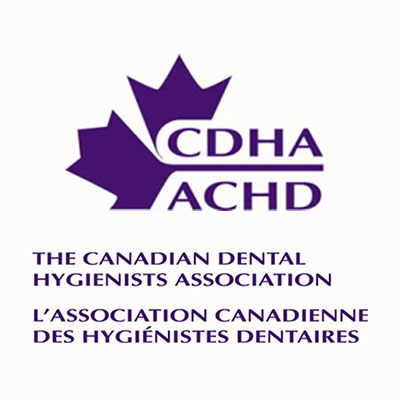

Before development of dental implants, dentures were the only alternative to replacing a missing tooth or teeth. Implants are synthetic structures that are placed in the area of the tooth normally occupied by the root. Implants are anchored to the jawbone or metal framework on the bone and act as a foundation for an artificial tooth or permanent bridge. However, not everyone is a candidate for a dental implant. For a successful implant to take hold, a candidate must have proper bone density and have a strong immune system. In all cases, dental implants require strict oral hygiene.
Dental implants are so well designed that they mimic the look and feel of natural teeth. Implants are usually made of a synthetic yet biocompatible material like metal or ceramic. Surgery is necessary to prepare the area for an implant and place the implant in the mouth. Following the procedure, a period of time is required for the implant to take hold and for bone tissue to build up and anchor the device. In some cases, metal posts are inserted into the implant during a follow-up procedure to connect the tooth.
Because dental implants require surgery, patients are administered anesthesia and, if necessary, antibiotics to stave off infection following the procedure. Like any restoration, implants require diligent oral hygiene and proper care to ensure they last a long time.
Dental implants are designed to be a long-lasting solution for tooth loss and are cared for with brushing and flossing, just like natural teeth. Caring for non-implant tooth replacements can be much less convenient compared to implant-supported teeth. Dental implants also eliminate the need to use messy dental adhesives.
When a tooth is lost, the surrounding bone begins to shrink away or resorb and becomes increasingly brittle, compromising adjacent teeth and increasing the chance of a changed appearance. Non-implant supported dentures, such as partials or bridges, may actually accelerate this process. Dental implants may help to prevent or slow bone resorption, helping to preserve your natural facial contours.
Implant dentistry is the most advanced therapy available to replace missing teeth. We want all of our North York patients to understand dental implants may offer you important advantages compared to other treatment options. Improved health and enhanced appearance may both lead to greater self-confidence and a better quality of life. Ask us today if you are a candidate for dental implants.
At our North York dental office, our fees are based on the most current Ontario Dental Association fee guides.
If you have any questions about the costs of any of our dental services, please contact us so one of our staff members can clarify and guide you through the price determinations.
You can find our patient referral form here. We provide dental care for the whole family, including children's dentistry and emergency dental care.




